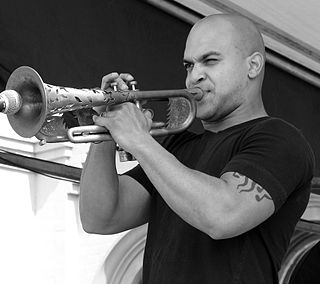A Quote by Aasif Mandvi
For my parents' generation, the idea was not that marriage was about some kind of idealized, romantic love; it was a partnership. It's about creating family; it's about creating offspring. Indian culture is essentially much more of a 'we' culture. It's a communal culture where you do what's best for the community - you procreate.
Related Quotes
Our whole goal is really to create a culture of accountability. Because for a very long time, ending sexual assault has been on the backs of survivors. And it's really up to everyone to be part of the solution. It's really about not creating a culture of awareness. It's something I often tell parents of kids who are going off to college: It's about asking those hard questions when your kids are applying to school and encouraging them to ask about their rights, to ask about their resources.
And there is also the paradox that the dominating culture imbues the Indian past with great meaning and significance; it is valued more because it is seen as part of the past. And it is the romantic past, not the present, that holds meaning and spiritual significance for so many members of the dominating culture. It has seemed so strange to me that the larger culture, with its own absence of spirit and lack of attachment for the land, respects these very things about Indian traditions, without adopting those respected ways themselves.
I've always thought that "punk" wasn't really a genre. My band started in Olympia where K Records was and K Records put out music that didn't sound super loud and aggressive. And yet they were punk because they were creating culture in their own community instead of taking their cue from MTV about what was real music and what was cool. It wasn't about a certain fashion. It was about your ideology, it was about creating a community and doing it on your own and not having to rely on, kinda, "The Man" to brand you and say that you were okay.
At the beginning of my career as a writer, I felt I knew nothing of Chinese culture. I was writing about emotional confusion with my mother related to our different beliefs. Hers was based in family history, which I didn't know anything about. I always felt hesitant in talking about Chinese culture and American culture.
I moved here when I was 20 to go to college. After I moved here, I became much more aware of the importance of the culture and literature to my life. Sometimes when you're immersed in something, you just don't notice it very much. Moving away makes you appreciate your culture. Living here, I've thought more and more about India, and what being Indian-American means to me. And it's made me incorporate things from Indian literature into my own writing.


































